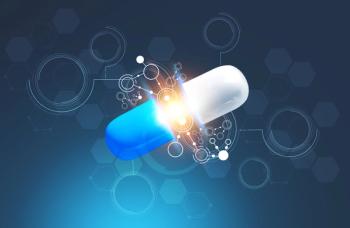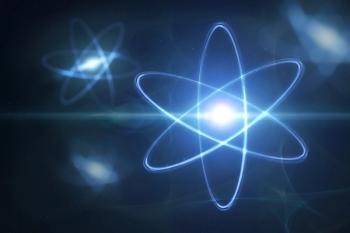
Analysis of extractables and leachables (E&L) from plastic packaging is of great importance for pharmaceutical product safety. Accurate and rapid identification of unknown compounds in E&L is often complex and challenging. To address this challenge, we demonstrate a quick method for oligomer determination using LC–QTOF-MS.



